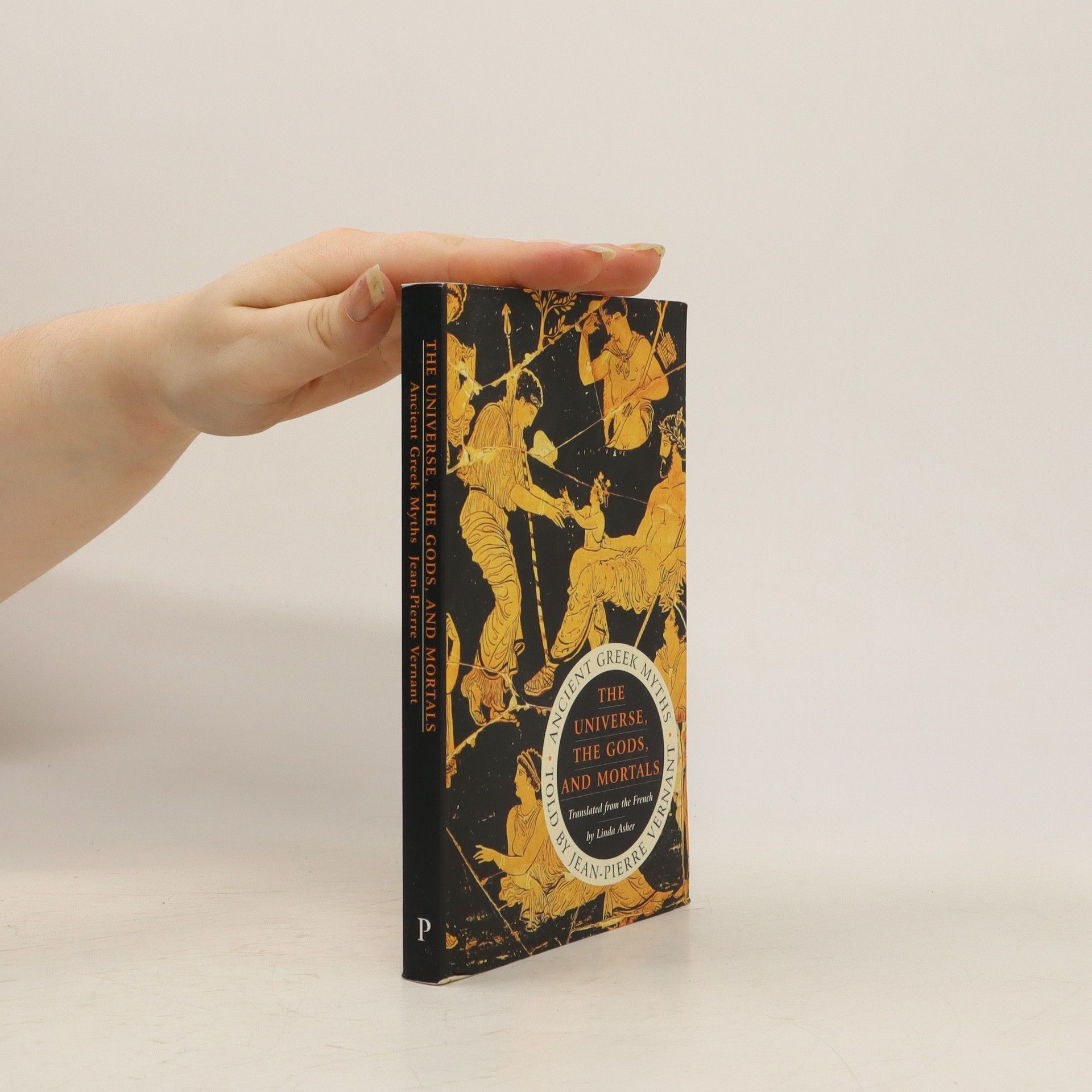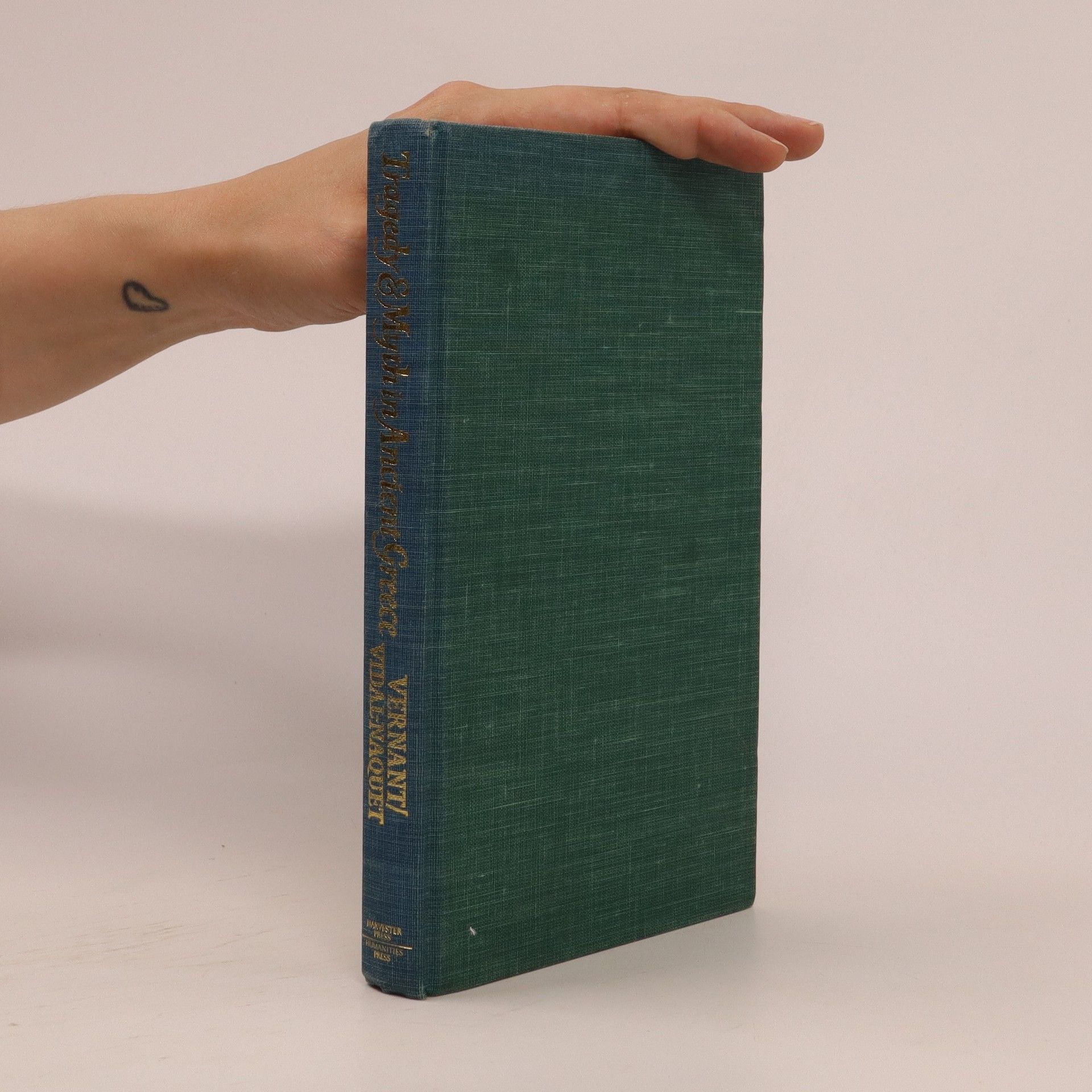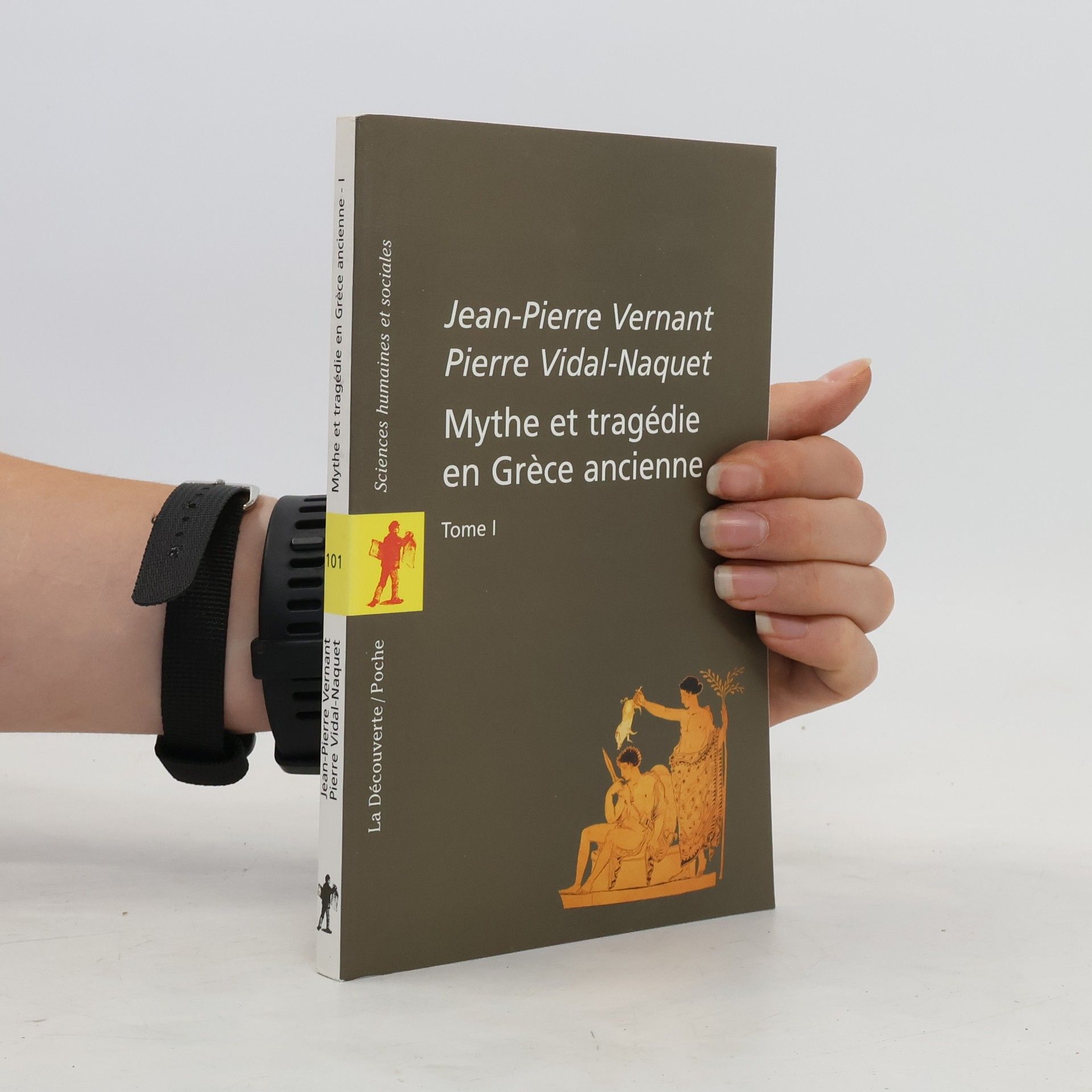De wereld, de goden en de mensen
- 240bladzijden
- 9 uur lezen
Jean-Pierre Vernant vertelt de Griekse mythen. Daarbij schenkt hij veel aandacht aan het ontstaan van de wereld (met Gaea en Uranus), aan de godenstrijd om de heerschappij (met Cronus, Zeus en de Giganten) en aan de eerste mensen (met Prometheus en Pandora). Verder vertelt hij het verhaal van de Trojaanse oorlog en van Odysseus' avonturen. Ten slotte heeft hij het nog over Dionysus, Oedipus en Perseus.








